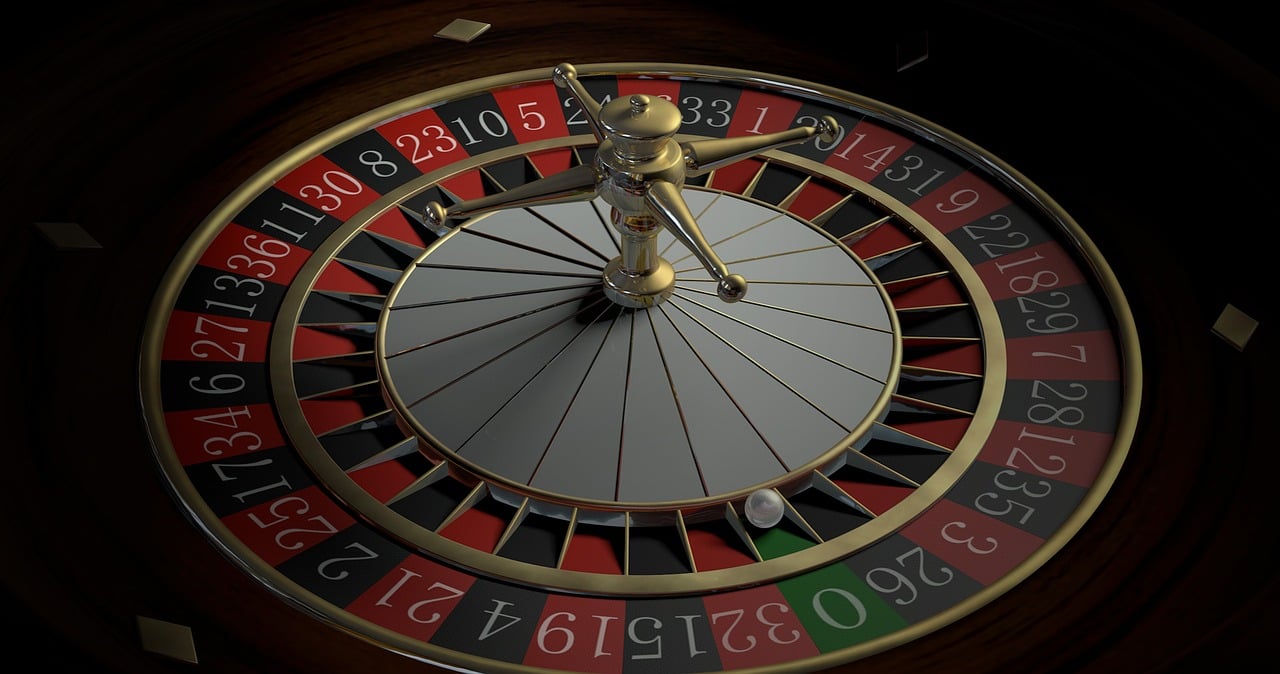Responsible Gambling
Gambling should be about entertainment and having fun. While most players can gamble safely, for some, it can cause harm. It can become a problem when a player uses gambling as a source of income or when they have started playing more than they can afford. The most common areas where it can impact someone’s life are their finances, mental health, and relationships.
As part of their gambling licensing obligations, online casinos must offer responsible gambling tools or resources for players. Most players think that these tools or programs are for problem gamblers only and may believe they don’t have to understand or use them.
However, one of the main aims of any responsible gambling program is to prevent problem gambling. The tools are there for all players to manage and understand their gambling patterns so that it does not become a problem.
What is Responsible Gambling
To gamble responsibly means not using gambling as a means of income. It involves taking regular breaks and, most importantly, only gambling with money you can afford to lose. One way you can do this is by setting limits on your online casino account.
Have you found yourself getting caught up in gambling and perhaps were worried about the amount of time you spent playing without realizing? Psychological, genetic, and neurological factors can also put some players more at risk of developing a gambling addiction than others. For example, you may be more prone if you have a parent who is a problem gambler. If you feel you tend to use gambling as an escape and block everything else out, then the likelihood is you are more at risk.
Responsible gambling tools
To help you keep tabs on your spending, online casinos have implemented some easy-to-use tools to keep track. You will often be asked to set these up when you open a new casino account.
Using responsible gambling tools helps you remain safe and enjoy the game. It is highly recommended that you understand how these various tools work, so you can then use them to effectively and safely enhance your time gambling online.
While any reputable gambling site will have built-in tools to use directly from your account, others may require you to contact customer support to activate any limits. These can vary between online gambling sites, too, but the main ones you will encounter are as follows:
Deposit Limits
You can have limits for your daily, weekly, or monthly spending. If you hit your limit, you won’t be able to make any more deposits until the next period kicks in.
You are in complete control, and if you want to adjust your limits, you can do so according to the amount of money you may have set aside for your gambling activities for the month. Changing your deposit limits typically takes 24 hours to seven days for the new settings to take effect.
Loss Limits
Similar to deposit limits, a loss limit allows you to set your limit for your daily, weekly, or monthly losses on casino games. The sum is only based on your net losses, so if you have had a big win within your loss limit period it will be taken into consideration.
For example, if you have won $200 on another session and then lost $20, you will be up $180. You would first have to lose the $180 before the loss limits kicked in.
Time Limits
Time limits (or session limits) are tools for determining how much time you wish to spend gambling. If you easily get carried away and lose track of time when you’re engaged in a game, setting a limit can be an effective way to keep in control of your gambling. When you set a session limit, you are automatically logged out of the casino once your time is up.
Some gambling sites set time trackers where you have a clock showing you how long you have been playing on the website. Others may also have an hourly pop-up reminding you of your time online.
Self-Assessment Tests
If you are unsure if gambling is an issue for you or not, you can take an online self-assessment test. You will have to complete a set of questions based on how gambling impacts your life. You must score where you feel you are on the scale, usually from 1 to 10, and it’s important to answer honestly to get an accurate result.
Once you have completed the assessment test, you will receive your breakdown. It will detail how gambling affects your life, and you will also receive helpful recommendations for the next steps.
Reality Checks
A reality check is a tool set up by the online casino. It reminds you of how long you have been playing online. Sometimes, you cannot keep playing until you acknowledge the prompt that pops up. You must confirm that you are aware of your time online and also feel comfortable continuing to play your current game.
Temporary Time-Outs
A time-out is more when you decide you want a mini break from gambling. You can choose a period which starts at 24 hours, or a week or even a month. You won’t be able to access your account or play games for the time that these restrictions are in place.
Self-Exclusion Programs
Taking a step into a self-exclusion program is a big step for many gamblers. It essentially means you will have chosen to exclude yourself from all forms of gambling completely. Depending on where you are located, it will operate slightly differently.
While some self-exclusion programs are restricted to an individual casino, others will be state or countrywide. This means if you’ve self-excluded on a particular online casino site, you may still be able to register or use other existing casino accounts.
If you live in Massachusetts, for example, the Massachusetts Commission manages this program. Once you have enrolled, you can choose to only exclude from online casinos or from casinos and sportsbooks for the selected period, which can be up to five years.
The United Kingdom has a similar system with a program called GamStop, in which you self-register and set periods of one month, one year, or five years. There is even an option for permanent self-exclusion. This program works through all the UK gambling sites. Once registered, you won’t be able to access any sites regulated by the United Kingdom Gambling Commission.
Age and Identification Verification
Before an online gambling site allows you to play, you must prove your identity with various verification KYC (Know Your Customer) procedures. This global standard is an essential process for you and the online casino.
KYC ensures that you are who you say you are when you register. Fraud and underage gambling are significant concerns, as is money laundering. While KYC may seem intrusive, it is an essential step of your casino journey and it will delay your winning payouts if you don’t complete it promptly.
There are various ways to verify your identity. While some sites request you upload your document via your account dashboard, others will use external verification agents. The types of documents you can expect to have to provide include:
- Form of ID: Passport/Drivers Licence/ID Card
- Proof of Address: You must provide evidence of your physical address that matches what you registered with. Acceptable means include utility bills like electricity or water, a copy of a bank or credit card statement, or a government-issued letter. You must also ensure that your documents are recent. The timestamp required is typically no older than three months.
- Proof of Payment: If you have paid by bank or credit card, you must provide a photo of the front and back, with certain digits blacked out for security. If you’ve paid via an e-wallet, a screenshot clearly showing evidence with your name displayed will be requested.
- Photographic Evidence: While not always requested, it is more commonplace nowadays. The online casino can request that you take a photo next to one of your forms of ID documentation.
Conclusion and help resources
As you can see, responsible gambling is a vital consideration when choosing to gamble online. While the majority of players can gamble without affecting their lives negatively, unfortunately, some people can develop addictions. If you have a gambling problem, playing online can become costly and harmful to you and your family.
The good news is that there are various ways to ensure that you gamble responsibly. Only play at regulated and licensed sites and make use of their various tools so you can easily keep track of your gambling activities.
If you want to read more about this subject, you can find many sites discussing responsible gambling and providing support. Some even have helplines and text services if you want to contact someone with concerns or just for advice. Here are two we suggest you check out:
- National Council on Problem Gaming: You can call this website at 1-800-522-4700, chat via text, or read the various resources on responsible gambling. It is a 24/7 service that is entirely confidential.
- Ohio for Responsible Gambling: Although primarily for Ohio residents, this website has various initiatives and links to useful responsible gambling literature and resources.
Resources:
https://www.unlv.edu/news/article/what-responsible-gambling-interview-jennifer-shatley
https://massgaming.com/about/voluntary-self-exclusion/


 Nick Pappas
Nick Pappas 

 Sergio Zammit
Sergio Zammit 